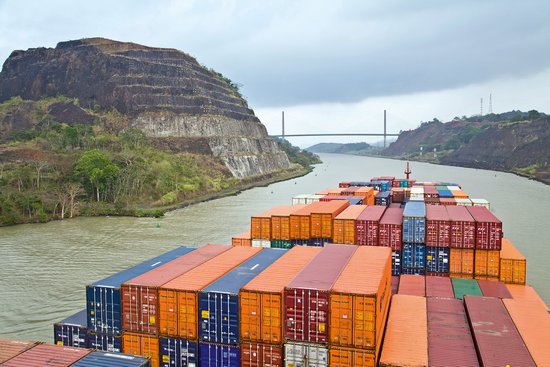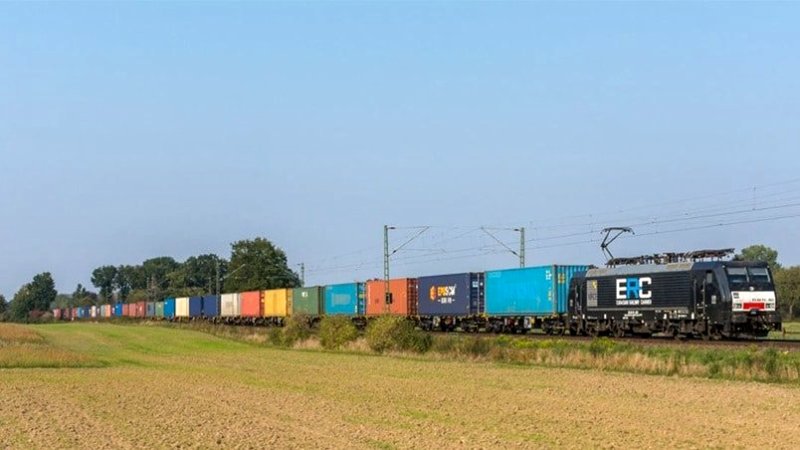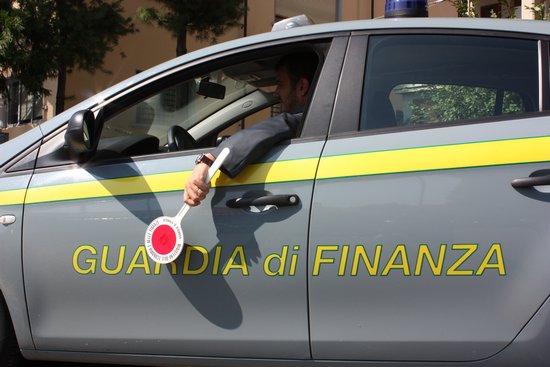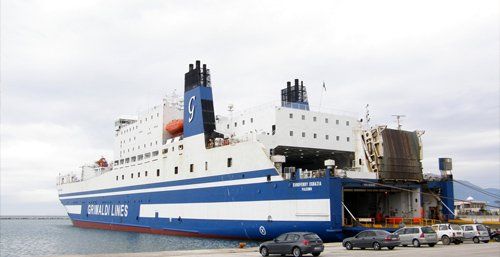Italian railways are literally crunching huge numbers between funds merely announced, actually allocated, under construction, or spent on progressing works. The year 2023 marked a record-breaking year for the Fs Group's investments, surpassing 16 billion euros—the highest ever in the history of the state railways. The National Recovery and Resilience Plan (PNRR) played a pivotal role, with Fs being the main recipient of over 36 billion euros from the plan. By early 2024, eight billion had already been spent. In the past three years, the railways have tendered just under 1,200 new procurement contracts worth a total of 53 billion euros.
The project management capacity, tender management, assignment of work, and their direction have severely tested the entire corporate organization, particularly the network manager Rfi and the engineering company Italferr. Yet, given the outcomes, it is evident the system has coped well. Indisputably, the Fs Group is currently Italy's largest contracting station.
Perhaps the most significant indicator of ongoing commitments was in late June 2023, when, within just 72 hours, projects worth a total of 3.6 billion euros were tendered or assigned, with two billion related to the railways and 1.6 billion on behalf of Anas (part of the Fs Group).
Among the major tenders launched by Rfi are two lots for doubling the Rome-Pescara railway worth 477 million euros, the acceleration of the Potenza-Metaponto line for 265 million euros, a new tunnel in Virgolo, Bolzano for 73 million euros, completion of Palermo's railway loop for 93 million euros, connecting Bergamo with Orio al Serio Airport for 113 million euros, and electrifying the Cagliari-Oristano line for 45 million euros. Additionally, 900 million euros have been allocated for infrastructure maintenance.
At the end of June 2023, Rfi CEO Gianpiero Strisciuglio, reflecting on the latest commitments, could speak with pride about the four thousand construction sites open and ongoing across the entire network, involving commitments of over 49 billion euros. These include both large and small projects. While it's impossible to list all, two almost symbolic investments stand out: the Third Giovi/Genoa node and the high-capacity Brescia-Verona-Vicenza-Padova line.
However, many resources are especially designated for the south, some already committed, others merely projected. This has sparked vigorous debate, primarily due to their questionable cost-benefit ratio. The Salerno-Reggio Calabria line is one such project, appearing almost pharaonic based on preliminary plans. After awarding work on a first 35-kilometer section worth two billion euros in May 2023, meeting PNRR deadlines swiftly initiated public debate on an additional stretch just under one hundred kilometers, estimated to cost at least eight billion euros.
As for Sicily, it remains a chapter unto itself. The Sicilian railway network has been historically delayed, barring short sections already doubled and modernized. Ongoing investments are absorbing significant resources along the two main routes, Messina-Catania and Palermo-Catania, with the Webuild group leading the way with seven contracts awarded.
But beyond these certainties, debate rages on over ever-higher proclamations, starting from the Fs Group itself and extending to Transport Minister Matteo Salvini, with speculative commitments up to 90 billion euros, funds for which no evidence exists. Meanwhile, the backdrop is still dominated by the ongoing saga of the Strait of Messina bridge, but that is a story for another time.
Piermario Curti Sacchi
































































